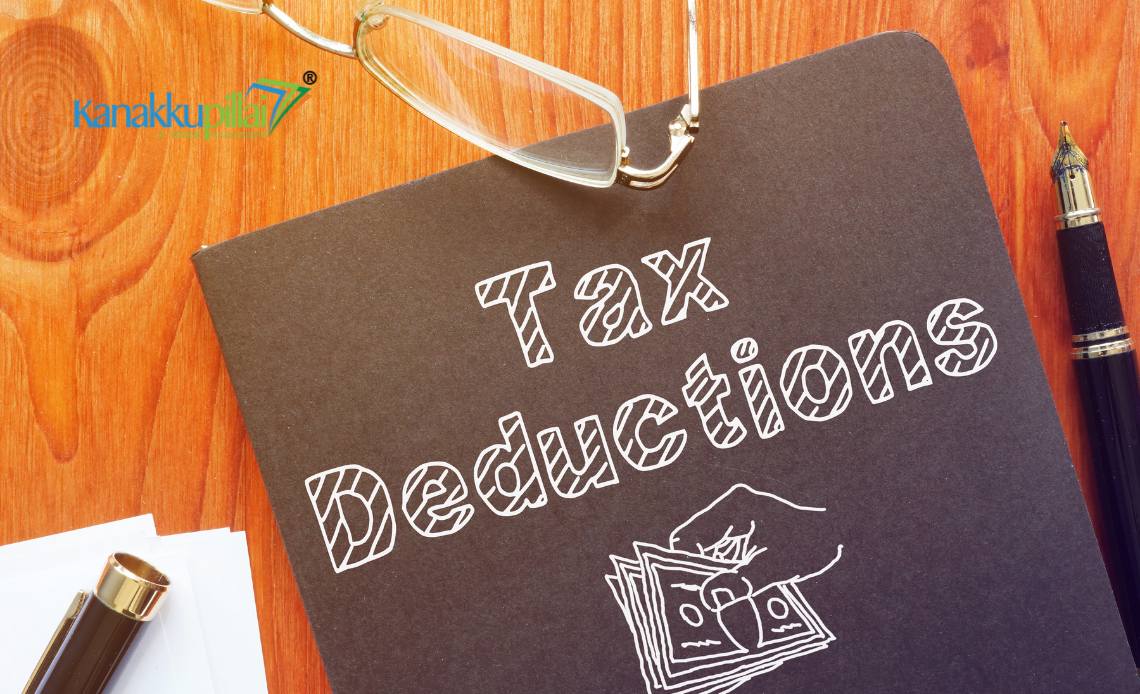Tax Deducted at Source (TDS) is a key structure of the Indian income tax system, which aims at collecting tax that is generated directly from the source of income. While TDS serves as a steady stream of revenue for the government, taxpayers often find themselves in situations where excess TDS has been deducted or not adjusted properly. This raises an important question: Can we claim a TDS refund for previous years? In this article, we will deal with and discuss the concept of TDS, its refund process, and the possibility of claiming refunds for past assessment years.
Understanding TDS and Its Refund
TDS is deducted by a payer—such as an employer, bank, or any other person making certain payments—when making payments like salaries, interest, rent, professional fees, etc. The deducted amount is deposited with the government against the recipient’s Permanent Account Number (PAN), and the recipient can claim the amount of credit for the tax deducted when filing their Income Tax Return (ITR).
If a taxpayer’s total income, after considering deductions, exemptions, and TDS, results in a tax liability lower than the TDS deducted, the taxpayer is eligible to claim a amount of refund of the excess amount. The Income Tax Department processes these refunds based on the ITR filed and credits the refund directly to the taxpayer’s bank account.
Claiming TDS Refund for the Current Year
Claiming a TDS refund for the current financial year is straightforward. Taxpayers need to:
- File the ITR for the relevant period of the assessment year within the due date.
- Report the total income and TDS details as per Form 26AS or AIS (Annual Information Statement).
- Calculate total tax liability, considering deductions and exemptions.
- If excess TDS has been deducted, the difference will be processed as a refund by the Central Processing Centre (CPC) of the Income Tax Department.
- Track the refund status on the income tax e-filing portal or through the NSDL portal.
But what if the refund relates to a previous financial year? Is there a mechanism to claim TDS refunds from earlier periods?
Claiming TDS Refunds of Previous Years
The Indian Income Tax Act allows taxpayers to claim a TDS refund for previous years, but this is subject to certain rules, procedures, and time limits. Here’s how:
1. Time Limit for Filing Belated Returns
Under Section 139(4) of the Income Tax Act, taxpayers can file a belated return—that is, a return filed after the due date—up to three months before the end of the relevant assessment year or before the completion of assessment, whichever is earlier. For example:
- For FY 2023–24 (AY 2024–25), the normal due date is July 31, 2024.
- A belated return can be filed by December 31, 2025.
If you miss this deadline, you cannot file a regular return to claim a refund.
2. Condonation of Delay Request
If you missed filing your ITR and hence the refund claim for a past assessment year, you can file a condonation request under Section 119(2)(b) of the Income Tax Act. This provision empowers the CBDT (Central Board of Direct Taxes) to condone delays in filing returns if:
- The taxpayer can demonstrate genuine hardship.
- The refund claim is valid and due.
The process involves:
- Submitting an application in writing to the Jurisdictional Principal Commissioner of Income Tax (PCIT) or Chief Commissioner (CCIT).
- Providing details of income, TDS deducted, and reasons for delay.
- Attach Form 30 (Application for Condonation) along with a copy of Form 26AS, bank details, and relevant evidence.
3. Time Limit for Condonation Requests
The CBDT generally allows condonation applications to be entertained for up to six years from the end of the relevant assessment year. For example:
- For AY 2017–18 (FY 2016–17), condonation requests can be made until March 31, 2024.
If the refund claim is due to TDS and the delay is justified (such as missing Form 16 or health issues), authorities are likely to grant condonation and process the refund.
4. Interest on Delayed Refunds
When the Income Tax Department processes refunds, it also pays interest under Section 244A at a rate of 0.5% per month (6% per annum) on the amount of refund from:
- The date of claim filing or April 1 of the assessment year, whichever is later.
- Until the date of refund.
However, if the taxpayer delayed filing the return (for example, filed a condonation request after years), the department may reduce or deny interest for the period of delay.
Important Points to Consider
- Timely filing is crucial: Avoid delays in filing your ITR to claim TDS refunds on time.
- Check Form 26AS and AIS: Verify the TDS credits before filing the return to avoid mismatches.
- File Condonation Requests with Care: Clearly explain the reasons for delay and provide sufficient evidence.
- No Refund for Time-Barred Claims: Once the six-year window under Section 119(2)(b) closes, you generally lose the right to claim the refund.
Conclusion
Yes, you can claim TDS refunds of previous years under certain conditions. If you missed filing your return on time, you can file a belated return within the permitted window or seek condonation for delay by demonstrating genuine hardship. The Income Tax Department aims to ensure that taxpayers can receive the refunds to which they are entitled, but this requires diligence on the taxpayer’s part in tracking the status of TDS deductions, filing returns promptly, and taking corrective steps if needed.
The key takeaway? Don’t ignore your TDS statements and tax filings. Timely compliance not only ensures smooth processing of refunds but also avoids the stress and uncertainty of condonation requests for prior years.
Related Services





